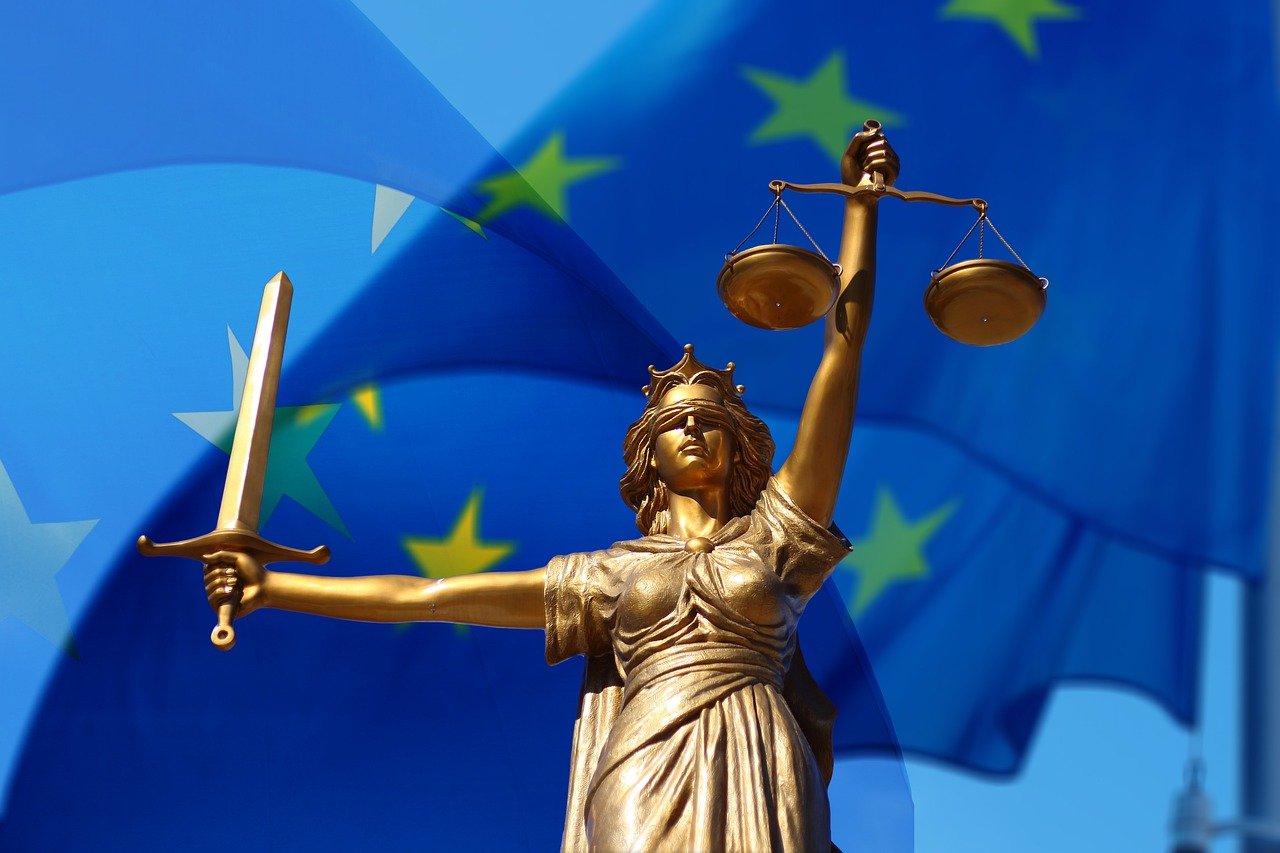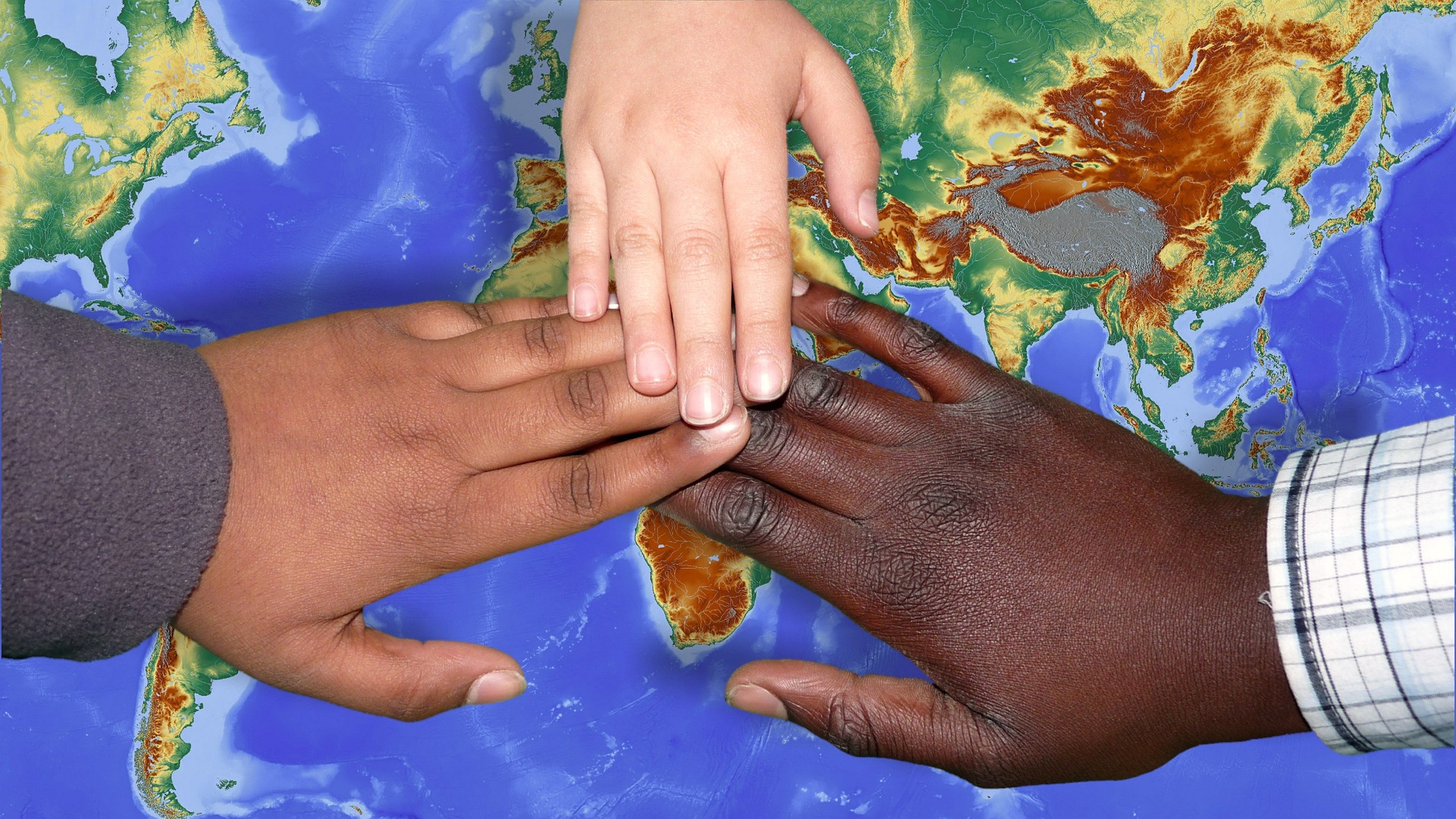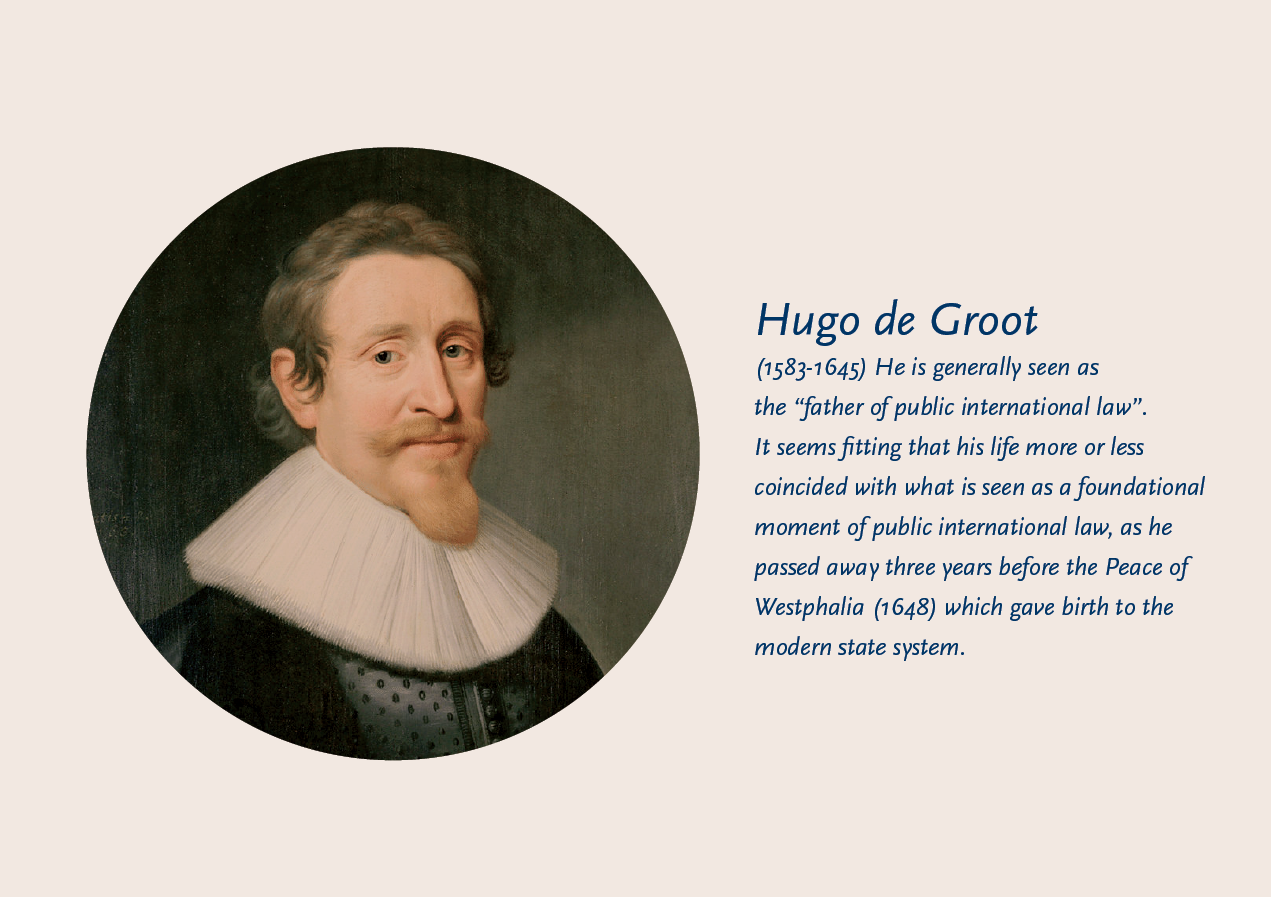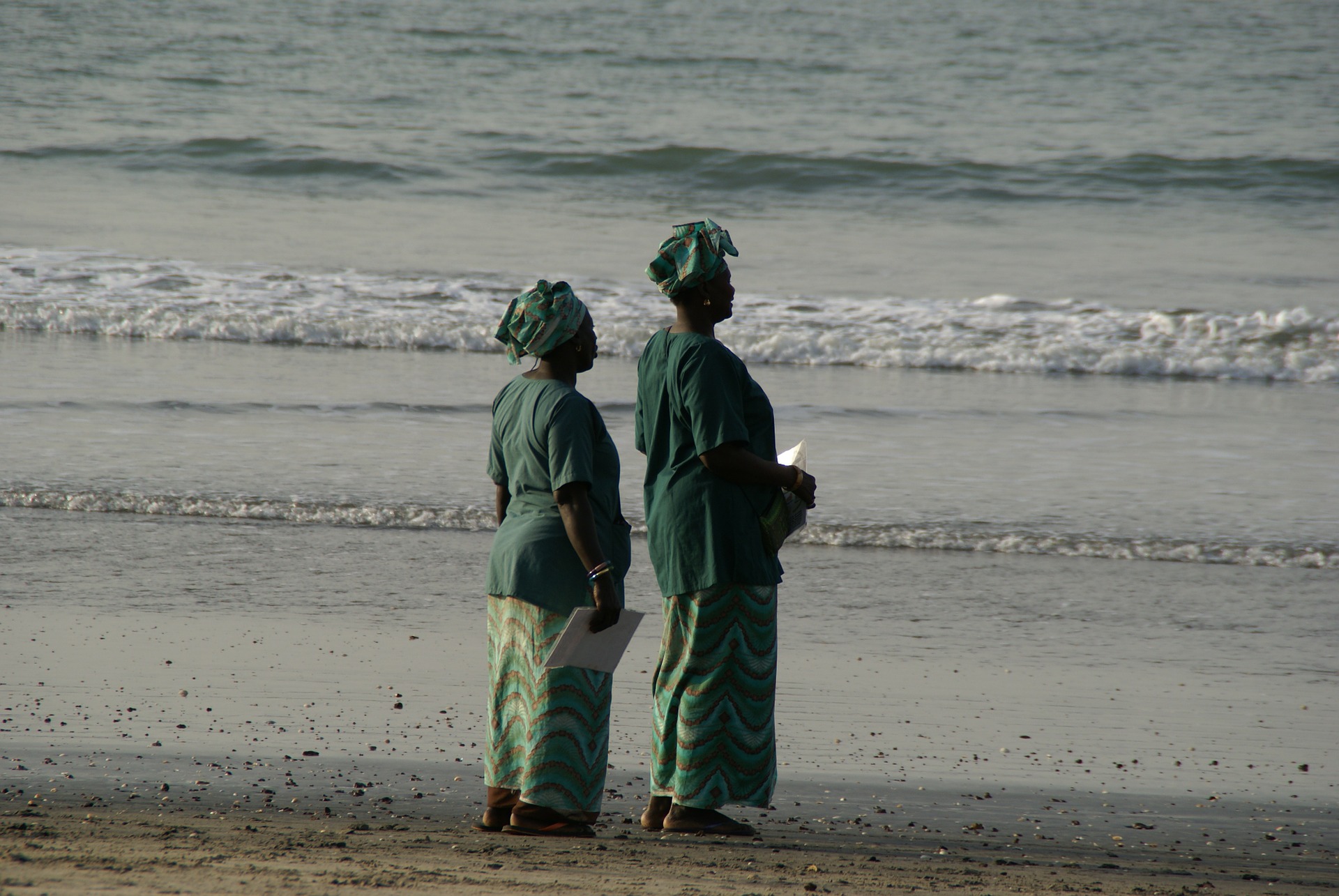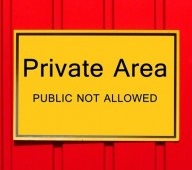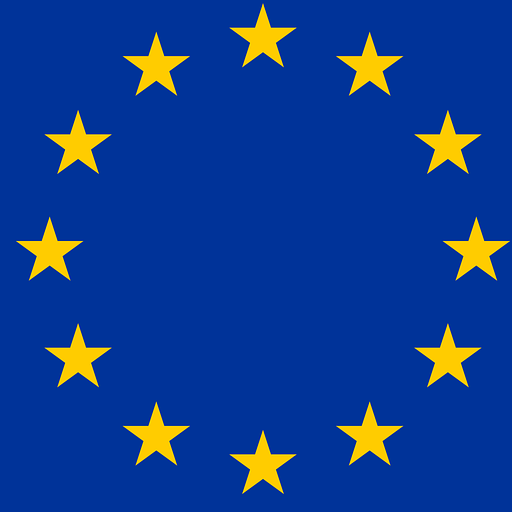Latest blog articles
-
A brief explainer about the ICJ case brought by South Africa against Israel
On 29 December, almost three months after the 7 October Hamas attacks on Israel and the ensuing Israeli military strikes on the Gaza Strip, which had by then resulted in the deaths of more than 21,000 people and more than...
-
Only a short drive from Maastricht, border stones still mark the borders of Neutral Moresnet, a small condominium that was the result of a very peculiar round of border negotiations and for over a hundred years was a tax haven, a gambling paradise and a would-be Esperanto state.
-
Throughout the EU, the rights of asylum seekers come under pressure. Overdue policy changes remain stuck in negotiations because of lacking political will. It is up to the European Commission to step up and protect the fundamental rights of asylum seekers.
-
To any international lawyer, Hugo de Groot (10 April 1583 – 28 August 1645), usually referred to by his Latin name as Hugo Grotius, does not need any introduction. He is generally seen as the “father of public international law”, often together with Francisco De Vitoria (1483-1546) and Alberico...
-
Today, on Human Rights Day, the Peace Palace in The Hague will be the venue of the somewhat ironic spectacle of a Nobel Peace Prize laureate and global icon of human rights leading her country’s defence against allegations of genocide, the most serious violation of human rights possible.
-
Things aren't going so well on Earth. We are suffering from systemic problems. Resource wastage, ecosystem collapse and climate change make it impossible to claim that things on Earth are working efficiently. But the Gnomes have solved all of these problems.
-
The public-private divide is one of the 21st century’s flat earth theories. Its conceptions of private rights and obligations and limitations on state power are commonly used in corporate law, contract law and numerous other fields of legal, political, economic and other social scientific research...
-
The EU is negotiating trade agreements in secret because orthodoxy, mysticism and a wishful thinking-based approach to policymaking have returned to power in Europe.
-
After months of media bombardment about ostensibly lazy Greeks who are unwilling to pay their taxes or their debts to the fellow countries of the Eurozone, the latter of which generously helped Greece out of its self-inflicted dire financial straits, many in Europe have breathed a collective sigh of...
